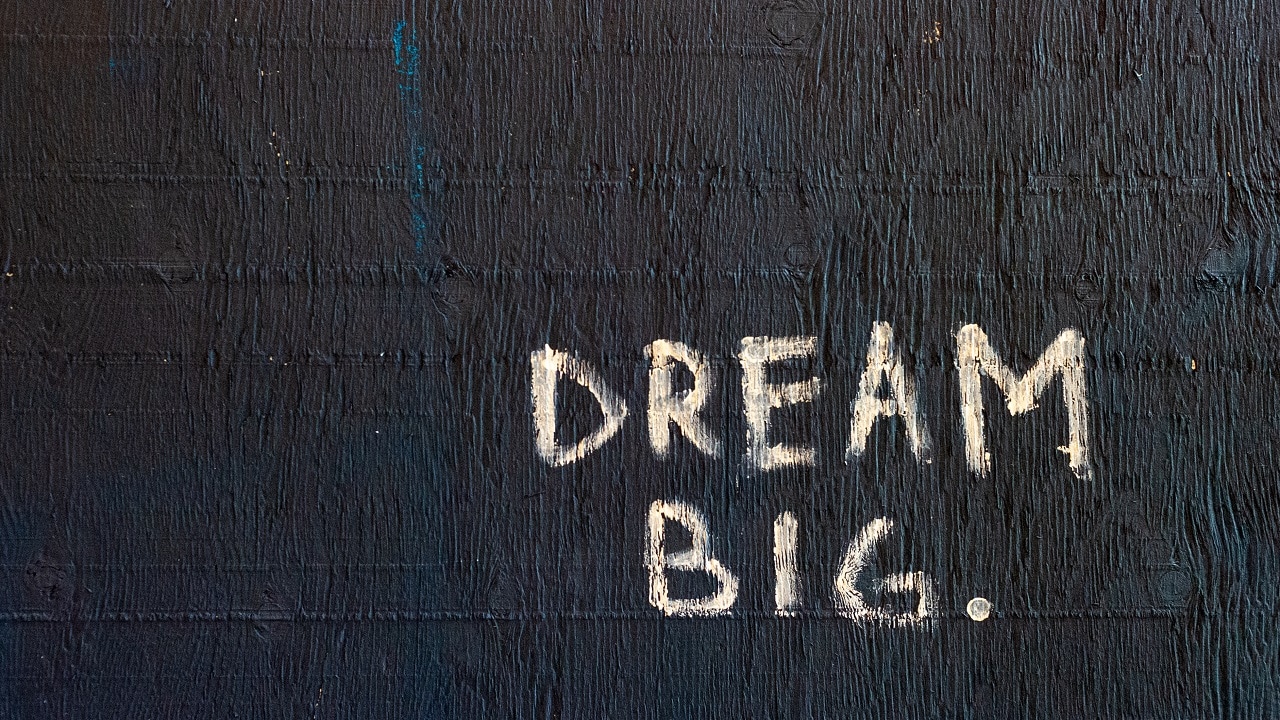Ogilvy Group vice-chairman Rory Sutherland, a behavioural science practitioner, says in one of his TED talks that in looking at solutions, we assign too much priority to technical or logical solutions and not enough to psychological ones.
He quotes the example of the high-speed rail service Eurostar, where 6 million pounds were spent to reduce the journey time between Paris and London by 40 minutes. He goes on to say that by merely spending 10% of the money, one could have hired the world’s top supermodels to walk up and down, handing out free champagne to all the passengers. You still would have 5 million pounds in change, and people would ask the train to slow. It wouldn’t have reduced the duration, but increased its usefulness and made the journey more enjoyable.
Hold that thought. We will come back to it.
If you are new to this column, let me reiterate the noble purpose behind it. It’s far easier to criticize and blame the system than try to change it, so I decided to do just that.
Today, I am going to talk about what’s happening to the talent pool in advertising. Many feel the industry is not as vibrant and sought after as it used to be for a fresher – we hardly see any new IITian or IIMite joining advertising these days. The usual diagnosis is shrinking margins and the profession’s inability to afford this talent.
It is true, but solving this systemic issue is a long-drawn-out process. So, while I would be personally ecstatic if our compensation increases overnight to become as competitive as other, more lucrative ones, I am not going to go down that delusional road and waste your time by offering clichéd solutions with a slight paraphrase.
True, all things being equal, money is the most obvious, quantitative criterion to choose your place of work, but the key phrase here is “all things being equal.”
Advertising has always been the profession that happened to you, that you discovered or stumbled upon, rather than something your parents told you about.
The best advertising talent were not graduates of Indian Institutes of Technology or Indian Institutes of Management; they were people with interest in art, music, theatre, writing and so on.
Advertising attracted them because of the pleasure it promised — to see their work on TV, to see their slogans mouthed by every kid in the country, or it become part of the pop culture.
They became a part of the ad land because of the coolness associated with it, the shorts they got to wear to work, the long hair they could afford to keep, the ego boost to see clients mesmerized by the stories they narrated, the parties, and the unhindered fun they had at work.
It was never the best paymaster, but when you said you work in advertising, you often met with the response: “Interesting, tell me more about it.”
It all sounds like one great Paper Boat nostalgia campaign, but I am not reminiscing like a 70-year-old “hamare zamane mein” (in our days) old man, I am merely referencing Rory Sutherland, mentioned right in the beginning.
It has been reduced to just about the money, because those psychological solutions are diminishing day by day.
There is still a bit of a rebel streak when you join advertising and clients still presume the advertising office is a cool one rather than their staid setup.
It is time to get some really smart people together to have fun again, and while at it, tell the client to buzz off when they ask you to write the script they had in mind and not the one you know works.
We can never compete with Information Technology or consultancies on remuneration, but despite their high salaries and perks, if we can make them envy our culture and our work life, that’s when talent will start pouring in. And while at it, we can hand them free beers on Friday when they jam on their guitar in the office, still saving on the remuneration, but making their jobs more enjoyable.
The writer is a senior VP of strategy at a reputed agency. Views expressed are personal.
Read more: High Pitch Drama: The pitch process in advertising is broken. Here’s how to fix it.
